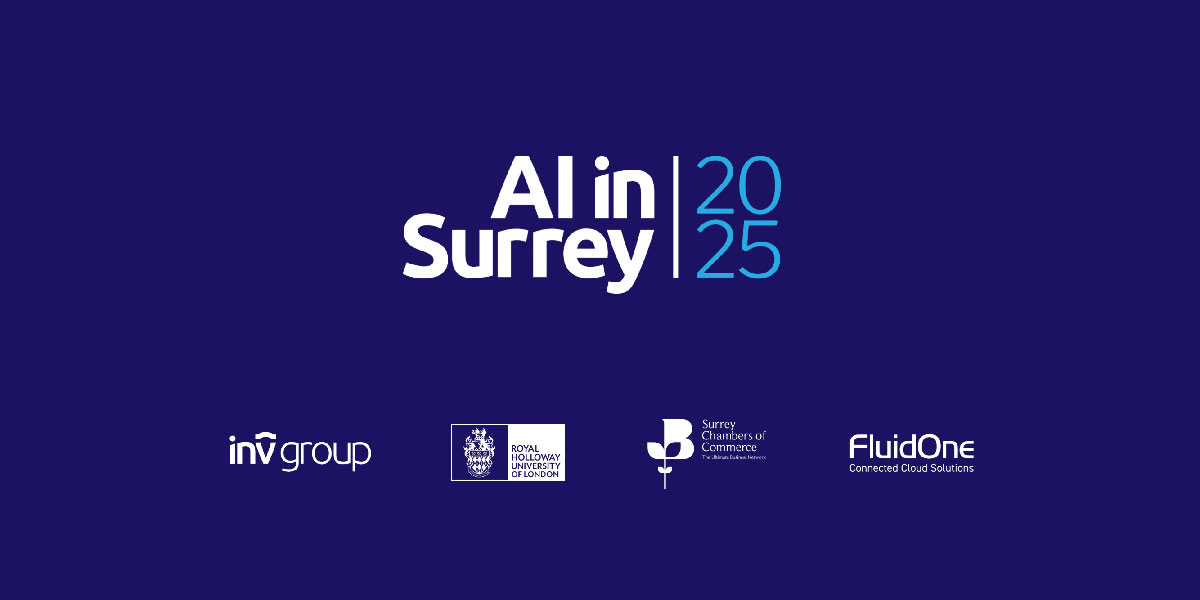After being left vacant for two years, one of the biggest jobs in government tech could soon be filled. But candidates face a long list of challenges. In this article, Professor Mark Thompson provides his thoughts and guidance on the UK Government’s digital transformation and priorities for the incoming Chief Digital and Information Officer.
(This is an extended version of an article that recently appeared in ZDNet).
Was there a pressing need to appoint a new CDIO & why?
Digital transformation is about transitioning from vertically-integrated structures, where organisations typically built or bought/configured everything themselves, to horizontal structures involving data sharing, collaboration, and real-time service design, underpinned by cloud-based utilities and services that are consumed. For government, this means a desperate need to work laterally across public services, in ways that will usually pose a threat to existing ways of doing things. So for example, having a CDIO for each of our 650 healthcare trusts to supervise ‘digital and information’ in each of these relative islands just won’t do it. Government urgently needs to appoint and empower someone to convene, disrupt, and drive out exemplar change across these, and the many other silos, of the public sector. This person needs to have the ability to centralise elements of the government technology estate in terms of strategic decision-making and procurement if they are to have any chance of pushing through the considerable inertia and resistance that generally meets any proposal for significant change.
What are the challenges awaiting the future candidate?
There are many challenges, for example:
- Large departments are likely to try to ‘do their own thing’ irrespective of GDS.
- You can’t have ‘Transformation’ without disruption to existing interests (people, processes, technology). Yet government is culturally risk-averse and moves slowly. Moving beyond the tired rhetoric around ‘innovation’ and ‘transformation’ and to actually innovate, and transform, anything is a great challenge.
- We have almost no politicians who understand digital business models, and their implications for transforming public services, beyond the first layer of soundbites. Thus, the CDIO may struggle to secure the meaningful political backing – and if they do, that backing may not be around for long enough (reshuffles, etc) – that will be needed to get anything meaningful done (think back to the Maude era).
- There was a shift of data and identity to DCMS under Hancock – this was seen in some quarters as a strategic weakening of GDS and dissipation of this central mandate. This will need to be addressed – or at least the messaging sorted out.
- Many existing government contracts come to an end in 2020 – so contract disaggregation, as well as building shine new digital services, will be a major headache.
- The CDIO will need to refresh the government’s platforms strategy and sort out Identity in particular, which is a ‘keystone’ platform for many potential citizen-centred digital services that will unlock further transformation.
- The GDS Academy currently lacks any significant capability to offer a business-school style education to senior leaders across government should what ‘digital’ really means for their roles and organisations: there’s lots of digital/technology training out there, but very little education for top people. This includes our politicians.
Is this a role key in the context of Brexit?
Should Brexit happen, there are significant opportunities not to ‘create brownfield sites in greenfield environments’ – ie create ‘legacy organisations’ from scratch. For example, where there are many similar functions being repatriated – for example regulation, and/or subsidy – these could all be designed to be powered from a common underlying service pattern- a bit like the way Heart.FM supports lots of regional variation from a single common platform(s). Instead there is a danger that people who do not understand the opportunities to ‘get it right digitally’ by adopting C21 designs will default to replicating some of the old structures again and again.
In the event of a weakened economy post-Brexit, there are significant opportunities to avoid the further cuts to frontline services that may inevitably follow by radical harmonisation/platformisation of ‘back end functions’ across the most siloed areas in the UK – so local government & associated services (health, social care, housing, ambulance/fire), our healthcare trusts, and our police forces. Although this could save billions in the long term, one can expect this to be resisted tooth and nail by almost all incumbents – even as the services over which they preside start to go to the wall (as has started to happen with several councils).
Do you think this role will provide efficient solutions to the issues facing the UK in its digital strategy? – esp leadership issues
Almost certainly not unless the CDIO tackles the digital leadership issue – please refer to my previous comments about education at the most senior levels of the civil service and politicians. To my knowledge, there has not been a single concerted attempt to do this in the UK. I have participated in several UK-based senior education programmes on digital transformation for foreign governments, however our own government seems to have struggled to make this basic investment in its most senior leaders to date.
What more should be done to improve the UK’s digital transformation?
There is far more ‘bang for buck’ in focusing on health, local services, and police – which have the most duplication and thus waste, and the greatest opportunity to deliver improved citizen-centred services that citizens really care about, or interact with more than say once a year (e.g. tax return). Treating the transformation of government as a business model question, backed by a politically-empowered mandate for radical change, is in my view the only thing that has a chance of achieving anything more than tinkering around the edges of an essentially broken, C20, legacy organisation that is failing citizens, and is unsustainable anyway, as the accelerating cuts/growing citizen impatience for smarter services that match those available in the commercial sector clearly shows.
And finally…
So: appoint a CDIO by all means – but don’t bother unless s/he has top political backing, that is sustained throughout a 5-year programme of radical change. During this time, s/he would need to educate and build a cadre of ‘digital alumni’ across key powerful positions in public services who would collaborate and support one another in working with a renewed, culturally-invigorated GDS to deliver a carefully-picked programme of exemplar projects. Oh – and GDS should almost stop building anything at all: if being a ‘next government legacy’ tech shop had been its initial purpose, it would have been called GTS. Digital isn’t generally done by building your way out of legacy and tech debt, but by understanding how to share, re-use, collaborate, consume, and build networks of value, all driven by good data – and, in government’s case, to shape the market so that this happens to the advantage of citizens and the taxpayer.





